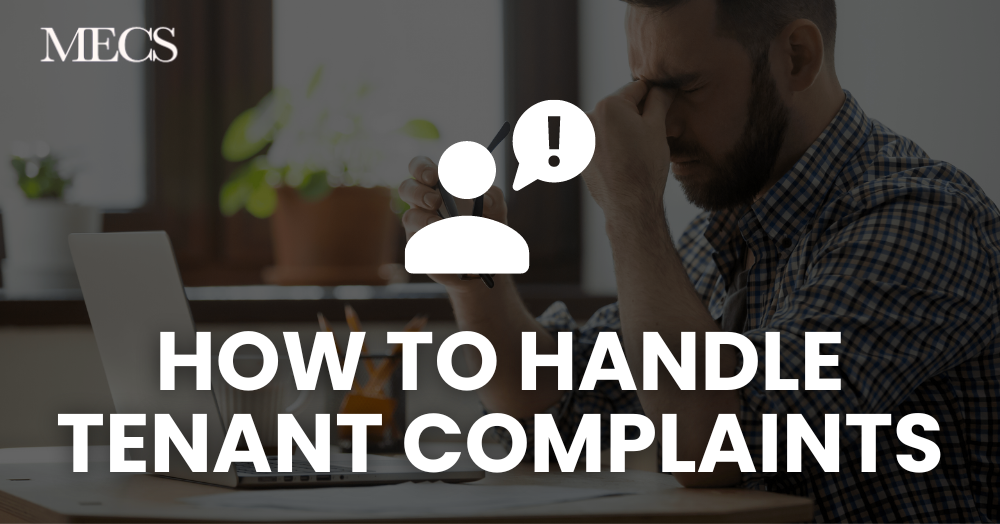Tenant complaints are an inevitable part of property management, but they also present an opportunity to showcase your professionalism and commitment to ensuring a comfortable living environment. Maintaining a harmonious relationship between landlords and tenants is crucial for a successful rental property experience.
Open Communication Channels
Establishing clear communication channels from the start is essential. Provide tenants with multiple ways to reach out to you, such as email, phone, or even a dedicated online portal. Encourage them to express their concerns openly and assure them that their feedback is valued.
Prompt Response
Responding promptly to tenant complaints demonstrates your dedication to their well-being. Acknowledge their concerns as soon as possible, even if you cannot immediately resolve the issue. A timely response shows that you take their problems seriously and are actively working towards a solution.
Active Listening
When tenants voice their complaints, listen attentively and empathetically. Give them the space to explain their concerns fully, and ask probing questions to gain a deeper understanding of the issue. This approach not only helps you identify the root cause but also shows that you genuinely care about their comfort.
Document Complaints
Maintain a comprehensive record of all tenant complaints, detailing the nature of the problem, the date of notification, and the steps taken to address it.
Documentation is essential for tracking patterns, ensuring accountability, and avoiding misunderstandings down the line.
Assess and Prioritise
Not all complaints have the same urgency or impact on living conditions. Assess the severity of each issue and prioritise accordingly. Address critical problems promptly, while less pressing matters can be addressed within a reasonable timeframe. Strive to resolve complaints as quickly as possible. If immediate resolution isn't feasible, inform the tenants about the steps you're taking and the expected timeline for resolution. Regular updates keep tenants informed and prevent frustration from mounting.
Transparent Communication
Be transparent with tenants about the steps you're taking to resolve their complaints. Provide updates on the progress and estimated resolution times. This transparency reassures them that you are actively working to address their concerns.
Professional Maintenance
Ensure that your property is well-maintained to prevent common issues that could lead to complaints, such as plumbing leaks, faulty appliances, or heating/cooling problems. Regular inspections and maintenance can prevent many problems before they even occur.
Mediation and Compromise
In cases where resolution might take time or there's a disagreement, consider involving a neutral third party as a mediator. This can help bridge the gap between tenant expectations and your responsibilities. Be open to compromise when appropriate to find a solution that works for both parties.
Follow Up
After the complaint has been resolved, follow up with the tenant to ensure they are satisfied with the outcome. This gesture shows your commitment to their well-being even after the issue is resolved.
Conclusion
Handling tenant complaints effectively is a cornerstone of maintaining good landlord-tenant relationships. By establishing clear communication, responding promptly, and addressing concerns empathetically, you can build trust and create a positive rental experience for both parties. Remember, a well-maintained property and a proactive attitude go a long way in preventing complaints and fostering a harmonious living environment. Getting a letting agent involved ensures that they can get all of this sorted for you. So if you are a landlord looking to get a hand in managing your property, get in contact with us today!
0121 681 6327
info@mecsproperty.co.uk

